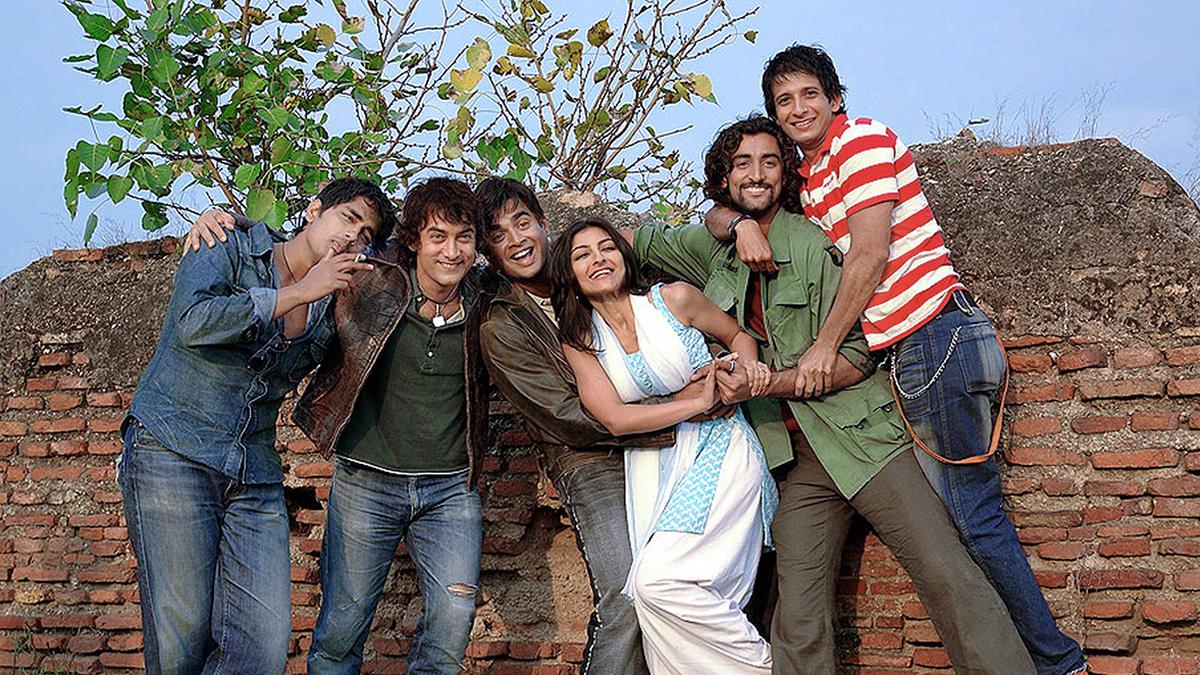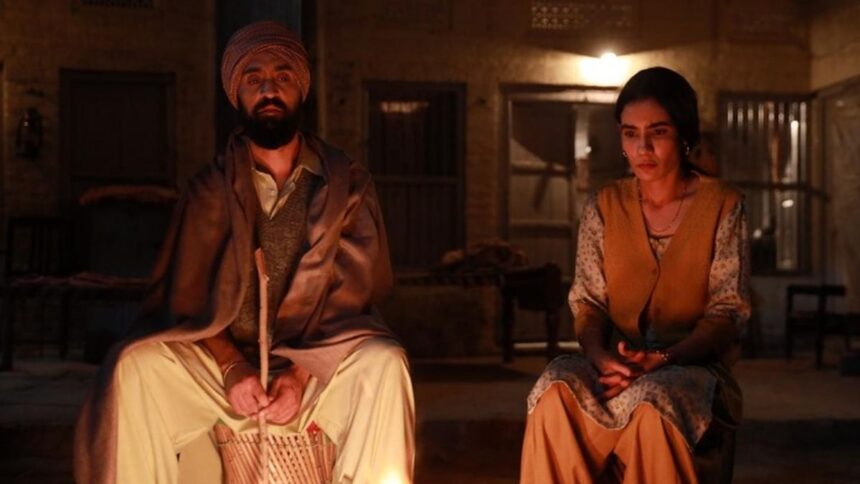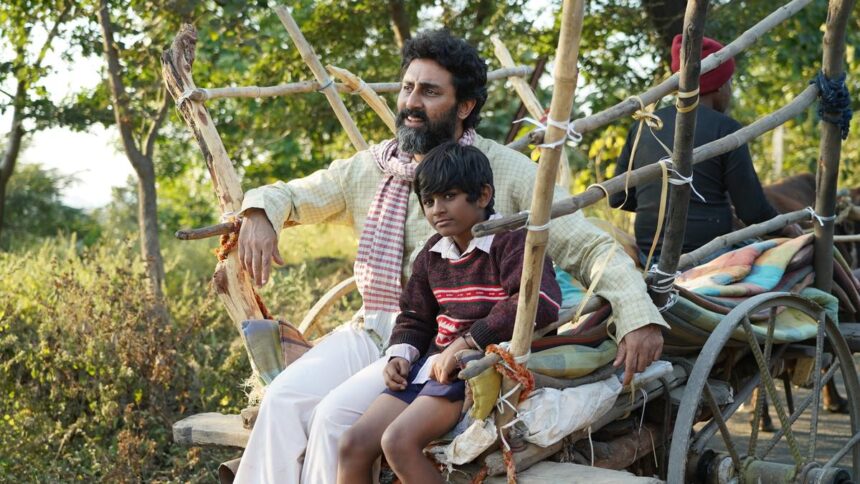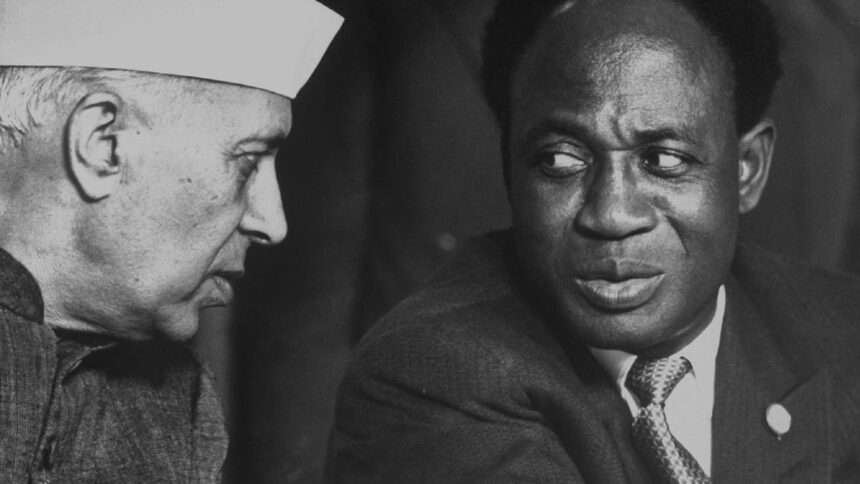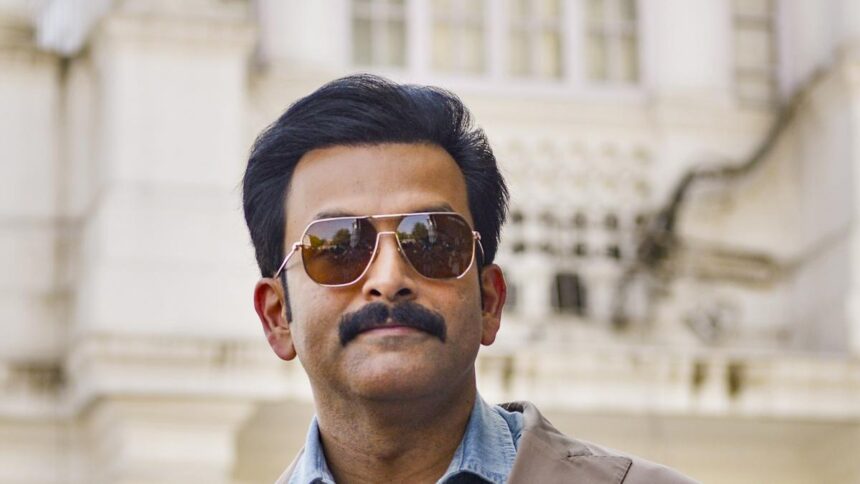Even if you have not seen it, maybe you’ve heard of it, but you can definitely the music from itSuch is the immortal nature of Rakyesh Omprakash Mehra’s ‘Rang De Basanti’, a film that is all about identity and purpose in a world where everyone is confused, but everyone forgets to question. The film starts like a Disney movie, but progresses into anything but that.
A British woman (Sue) interested in the lives of those who fought for the freedom of India. A group of friends who could not be any less affected by the stories of courage that allowed them to live in democratic India. The irony is immense. When Sue decides to make a film, she is rejected by his bosses, who urge her to make a film on Gandhi, because ‘Gandhi sells’. Yet she remains fixated on telling the stories of those she read about in her grandfather’s journal. So she travels to India, and finds Bhagat Singh, Chandrashekar Azad, Rajguru, Durga Vohra, Ashfaqullah Khan and Ramprasad Bismil in a group of rebellious misfits from Delhi University, which feels utmost fitting. The problem? They don’t seem to be particularly moved by the characters they have been asked to play. In fact, they don’t even believe in the idea that modern India is free- Their thoughts and opinions are a subtle echo to the underwave of issues that exist in the country of imperfections. This is where the film’s the interspersed themes of history, religion, the confusion of youth, all blend into one and the writing manages to find honesty in tone, especially whenever the friends talk, even if their conversations are serious, they treat each other exactly like a group of friends from college would. So as they pave their way through all of their hooliganism and banter, it is only when they put themselves in the shoes of others that they learn a deeper truth. A truth that has lied around us for decades (78 years to be exact), but we perhaps have overlooked it far too often, or taken it for granted.
It cannot be overstated enough that Mehra’s films come with an album that is a work of magic. Born out of the genius that is A.R. Rahman, each song is composed masterfully and captures the ethos of the situation perfectly. Be it the catchy tune that introduces us to the group of rebels without a cause, or the titular track itself that has the essence of Punjabi “maati” (soil), or the melancholy you feel when Luka Chuppi plays, there is a diversity in so many ways in Mehra’s film, that the music isn’t restricted to a style or genre, nor are the characters similar, everyone is distinct, and their chemistry feels so natural, that you could argue that these are the kind of people you’d meet when you go to college. It is Mehra’s understanding of music and where to place it that allows for the dramatic essence of a scene to unveil in full flow. Towards the climax in this film, he uses music to change the very tone of what most filmmakers would have treated in utmost contrasting fashion, and that is what truly makes Mehra’s film stand out. Giving moments of hope, both in story and structure, only to take it away from you before returning it again, this back-and-forth style of Mehra’s direction sees the film breathe life in a way you rarely see. Through the seeming ‘misfits’, Mehra manages to highlight a youth of India that is rapidly finding disbelief in the system, but through his political commentary, as widespread his thoughts may seem, ultimately circle back to changing the grassroots itself. To complain without action is to walk two steps backwards. He asks people to question politicians and politics, to demand answers, and seek the truth, and to stay true by it. He reminds you to remember those who fought for freedom- They too are like God in a sense for Mehra, and in a country where belief is built on the echelons of faith, he asks to choose carefully in who we put our belief in when it comes to leading a country of over a billion people.
Published – August 19, 2025 03:00 pm IST








